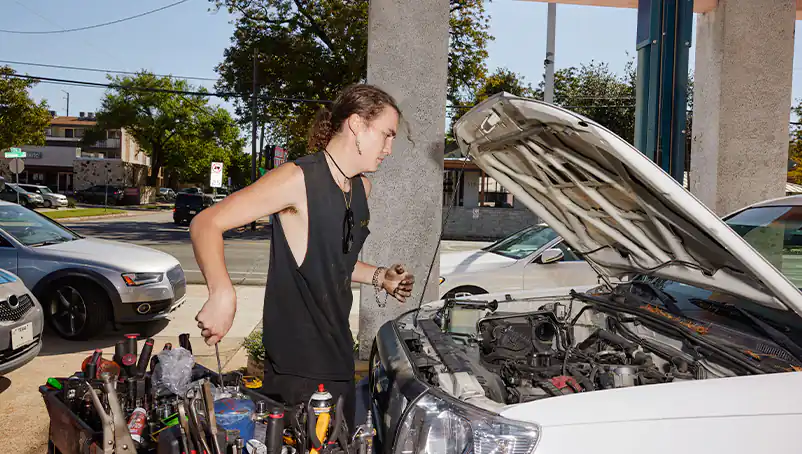Just ahead to learn:
What is a monopolistic state?
A monopolistic state is one where state agencies, rather than private insurance companies, own and operate a required workers’ comp insurance program for all eligible workers.
In a monopolistic workers’ comp state, business owners can still purchase other types of business insurance, such as general liability insurance or commercial property insurance.
Nevada and West Virginia used to be monopolistic states, but Nevada opened their workers’ comp market to private insurers in 1999. West Virginia followed in 2008.
What states are monopolistic for workers’ compensation insurance?
There are currently four monopolistic states for workers’ comp:
- Ohio
- North Dakota
- Washington
- Wyoming
1. Ohio
In Ohio, any business with one or more employees must have workers’ compensation insurance purchased from the Ohio Bureau of Workers’ Compensation (BWC). To obtain coverage, you simply need to fill out a U-3 form and submit the application fee.
The BWC classifies workers based on the National Council on Compensation Insurance (NCCI) classification system. These codes determine how much risk your employees face on the job. They are used with an evaluation of your experience, past claims and more, to determine your rate.
2. North Dakota
Businesses with any employees in North Dakota must purchase workers’ comp from North Dakota Workforce Safety & Insurance (WSI). To purchase coverage, you’ll need to fill out an application and submit it to the Employer Services Division of WSI.
North Dakota doesn’t use NCCI codes but rather has its own system to assess the risk of various jobs. These codes and their insurance rates can be found on the WSI website.
3. Washington
In Washington, if you have workers, whether they are employees or independent contractors, you might be required to provide workers’ compensation. Workers’ comp must be purchased from the Washington State Department of Labor and Industries (L&I).
To obtain workers’ comp, you first must get or update your business license from the Washington State Department of Revenue to indicate you’re hiring employees. Within a week, L&I will receive your application and assign an account manager who will guide you through the rest of the process.
Like North Dakota, Washington has its own classification system. The codes and rates can be found on the L&I website.
4. Wyoming
Businesses with employees in Wyoming must have workers’ compensation coverage for all employees, including minors and aliens authorized to work. This insurance must be purchased through the Wyoming Department of Workforce Services (DWS).
Businesses must register with DWS before buying a policy.
Wyoming uses the North American Industry Classification System (NAICS) to determine the risk level of different occupations and posts the rates on its website.
Why do some states choose to become monopolistic workers’ comp states?
Many states offer workers’ comp plans to regulate costs. By keeping their prices competitive, the state can have a measure of control over prices across the market. Additionally, states offer workers’ comp insurance in competitive markets to “insure the uninsurable.”
“The uninsurable” are simply businesses deemed too risky for private insurers. This could be because the work they perform is very dangerous (think roofers) or it’s a new type of business, so there’s no way for private insurers to gauge their risk level.
By offering insurance in cases such as these, states in competitive markets help ensure every employee has the workers’ compensation insurance protection they need.
Why business owners need employer’s liability insurance in monopolistic states
In a competitive market, when a business purchases workers’ compensation insurance, employer’s liability insurance is included in the policy. This coverage can help pay a business owner’s costs related to a lawsuit resulting from an employee’s work-related injury or illness.
Workers’ compensation insurance in monopolistic states usually does not include this coverage.
While the workers’ comp coverage can help with an injured employee’s medical bills, you might not have liability protection from the accident unless you purchase employer’s liability insurance from an insurance carrier.
How NEXT helps small businesses in monopolistic states
If you’re doing business in a monopolistic state, you may need more than workers’ comp insurance. From general liability to errors & omissions to commercial property and more, NEXT can get you the policies you need at a great price.
We’ll ask a few questions about your business and give you a quote. You can select your coverage options and buy your policy in about 10 minutes. Access your certificate of insurance and policies 24/7 via web or mobile app.
Start an instant quote with NEXT.






